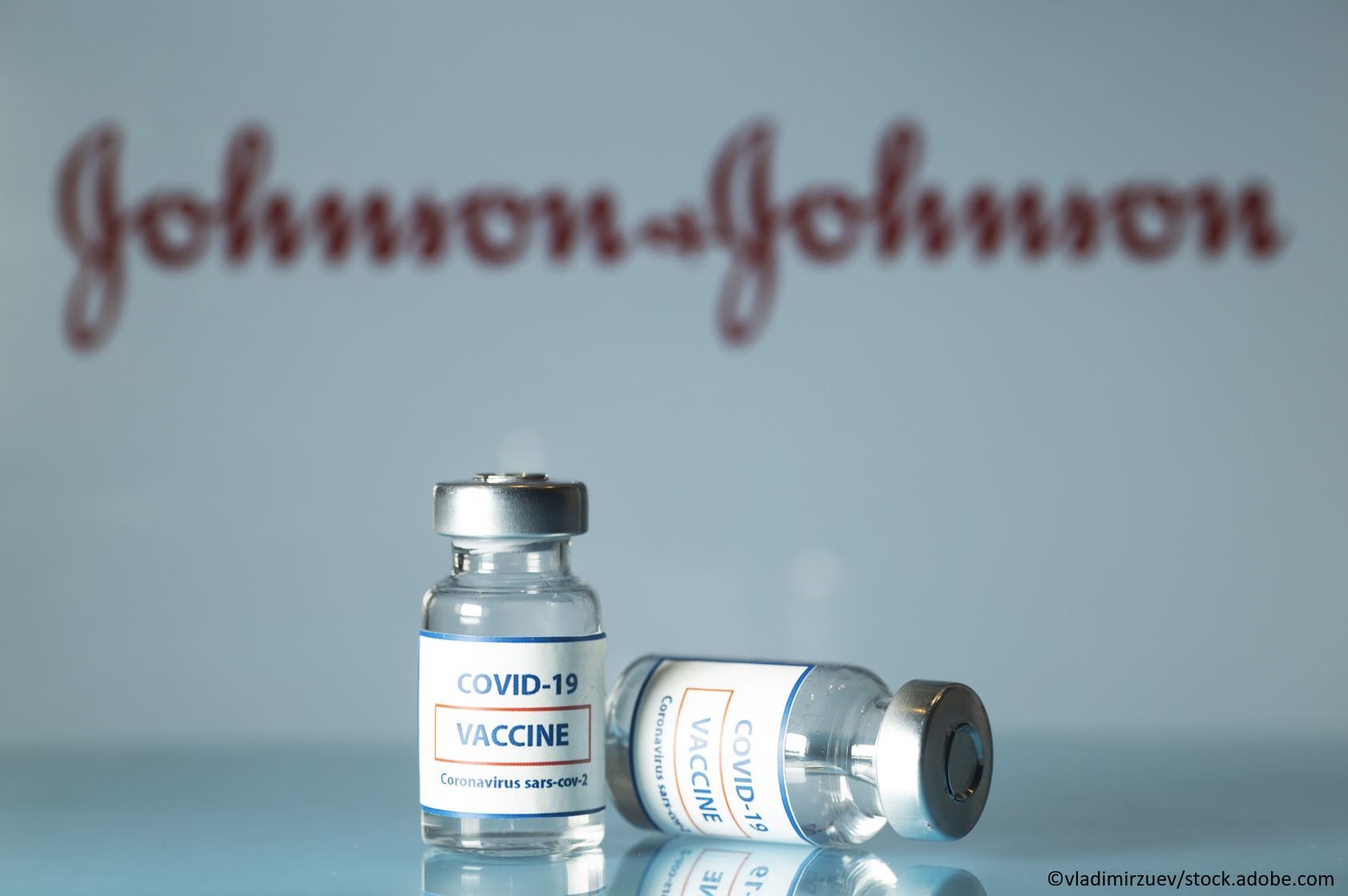- Clinical Technology
- Adult Immunization
- Hepatology
- Pediatric Immunization
- Screening
- Psychiatry
- Allergy
- Women's Health
- Cardiology
- Pediatrics
- Dermatology
- Endocrinology
- Pain Management
- Gastroenterology
- Infectious Disease
- Obesity Medicine
- Rheumatology
- Nephrology
- Neurology
- Pulmonology
The CDC Recommends Pfizer, Moderna COVID Vaccines over J&J
The CDC recommends against the J&J COVID-19 vaccine if Pfizer or Moderna mRNA shots are available while affirming that any COVID vaccine is better than none.

The US Centers for Disease Control and Prevention (CDC) on Thursday recommended that individuals receive an mRNA COVID-19 vaccine made by either Pfizer-BioNTech or Moderna over the Johnson and Johnson adenovirus-based shot based on the latter's link to a rare but dangerous blood clotting disorder.
CDC’s announcement came after it endorsed the recommendation made by the agency's Advisory Committee on Immunization Practices (ACIP) whose 15 members voted unanimously on the decision.
The risk of the vaccine-linked clotting condition—thrombosis with thrombocytopenia syndrome (TTS)—may be higher than previously thought, and particularly among women. In mid-June, the rate of TTS cases among women was 4.86 per million J&J doses; as of early December, it had risen to 5.84 per million, according to a presentation at the ACIP meeting cited by Bloomberg Government.
Women ranging in age from 19 to 49 years were at the highest risk of clotting and resulting death, according to the CDC. Men were at lower risk of the complication, regardless of age. While the condition remains rare, of the 57 cases reported to date, there have been 9 reported deaths (7 women, 2 men) and 36 individuals required treatment in intensive care units.
"Today’s updated recommendation emphasizes CDC’s commitment to provide real-time scientific information to the American public," Walensky said in a CDC statement. "I continue to encourage all Americans to get vaccinated and boosted.”
The CDC states that the US supply of mRNA vaccines is "abundant" suggesting that moving forward with limits on use of the J&J shot will not create a shortage. However, the statement continues: “Given the current state of the pandemic both here and around the world, the ACIP reaffirmed that receiving any vaccine is better than being unvaccinated. Individuals who are unable or unwilling to receive an mRNA vaccine will continue to have access to Johnson & Johnson’s COVID-19 vaccine.”
Johnson & Johnson said in a statement that the vaccine remains an important choice for those who “can’t or won’t return for multiple vaccinations, or who would remain unvaccinated without an alternative to the mRNA vaccines.” It noted its ease of storage and transport “make it a vital tool” for many in low- and middle-income countries where it is sometimes the only option.
The company "remains confident in the overall positive benefit-risk profile of its COVID-19 vaccine" and retiterates that the “safety and well-being of those who use the Johnson & Johnson vaccine continues to be our number one priority.”
Federal regulators in April this year halted use of the J&J vaccine for 10 days after the clotting issue affected 6 women in the US; there was one fatality. After an extensive safety review determined the vaccine benefits outweighed the risk (more than 7 million people had received the vaccine by then in the US), officials lifted the pause.
FDA Approves Updated Indication Statement for Upadacitinib in Inflammatory Bowel Disease Treatment
October 14th 2025FDA approves updated indication for upadacitinib in ulcerative colitis and Crohn disease treatment, allowing use after one systemic therapy when TNF blockers are clinically inadvisable.
